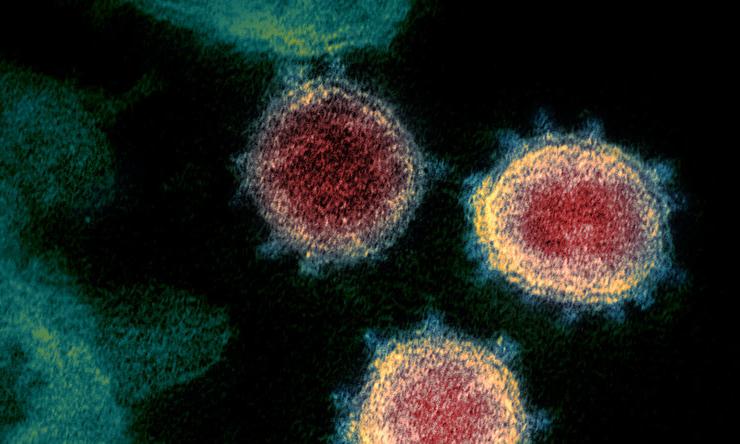Coronavirus prevention tips
As everyone across the globe keeps watch on COVID-19, the illness caused by novel coronavirus, it is essential to know the best methods to keep it from spreading. An infectious disease expert at Baylor College Medicine said hand washing is the first line of defense that we can all do right now.
"The coronavirus is a virus that is spread through tiny particles or droplets produced when you sneeze or cough,” said Dr. Laila Woc-Colburn, associate professor of infectious diseases and director of medical education at the National School of Tropical Medicine at Baylor. “The virus spreads from person-to-person just like the flu or common cold. If you touch a surface that was touched by someone who sneezed or coughed into their hand, you can become infected."
Woc-Colburn offers preventative tips on how to keep from catching or spreading coronavirus:
- Wash your hands with soap and water for at least 20 seconds or use an alcohol-based hand sanitizer with an alcohol content that is greater than 60 percent, especially after spending time in public areas.
- Avoid touching your eyes, nose and mouth after grabbing commonly used objects like door handles or pumps at the gas station. Keep a bottle of sanitizer available at home and in the car so you can immediately disinfect your hands.
- Avoid handshaking, hugging or being in close contact with people who have a cough or respiratory symptoms.
- Make use of disinfectant wipes, especially at convenience or grocery stores – remember to wipe down the handle and child seat on grocery carts.
- Try not to open doors in public places with your hands. Open doors with your hip or use a wipe or paper towel to grasp the handle.
- Stay home if you become sick. If you are near people, try to keep your distance by staying within six feet or more from others.
- Woc-Colburn recommends getting the flu vaccine as a guard against infection that might weaken the immune system, and elderly people also should consider getting vaccinated against pneumonia.
Surgical face masks
While surgical masks are being used as a guard against coronavirus worldwide, Woc-Colburn said healthy people do not need to routinely wear face masks to prevent an infection.
She recommends only using a mask if you are ill or caring for someone who is ill. The mask can stop the spread of droplets that transmit the virus to others.
If exposed
If there is a chance you may have been exposed to coronavirus but aren’t showing symptoms, Woc-Colburn advises you to call your primary care physician to discuss options before deciding to visit the doctor. If you begin to show symptoms such as fever, cough or difficulty breathing, contact your healthcare provider. Remember to call the hospital or clinic ahead of time so that the staff can take appropriate precautions.
Travel and large events
If you are headed to a crowded event or plan to travel, Woc-Colburn recommends being diligent about washing your hands, packing an alcohol-based hand sanitizer and avoiding physical contact with others.
If you are traveling anytime soon, check the Centers for Disease Control and Prevention website to see which countries or regions are considered a safe destination.







 Credit
Credit



